Paris: The bloody denouement on Friday of two hostage crises at different ends of a traumatized Paris means attention will now shift to the gaping question facing the French government:
How did several jihadis and possibly a larger cell of co-conspirators manage to evade surveillance and execute a bold attack despite being well known to the country’s police and intelligence services?
On its own, the Wednesday morning slaughter that left 12 people dead at the satirical newspaper Charlie Hebdo represented a major breakdown for French security and intelligence forces, especially after authorities confirmed that the two suspects, the brothers Said and Cherif Kouachi, had known links to the militant group, al-Qaida in Yemen.
Then on Friday, even as police had cornered the Kouachi brothers inside a printing factory in the northeast suburbs, another militant, Amedy Coulibaly who has since been linked to the Kouachis stormed a Kosher supermarket in Paris and threatened to kill hostages if the police captured the Kouachis.
“There is a clear failing,” French Prime Minister Manuel Valls told French television Friday.
“When 17 people die, it means there were cracks.”
A U.S. official speaking about the failure to identify the plot said that French intelligence and law enforcement agencies had conducted surveillance on one or both of the Kouachi brothers after Said returned from Yemen, but later lessened that monitoring or dropped it altogether to focus on what were believed to be bigger threats.
“These guys were known to be bad, and the French had tabs on them for a while,” said the official, who spoke on the condition of anonymity to avoid complicating a delicate intelligence matter. “At some point, though, they allocated resources differently. They moved on to other targets.”
The official acknowledged that U.S.spy agencies tracked Westerners, particularly young men, traveling in and out of Yemen much more closely after a failed al-Qaida plot to blow up an airliner on Christmas Day 2009.
But the official said the United States left the monitoring of the Kouachi brothers and other French citizens in France to that country’s security services.
One reason for the lapses may be that the number of possible jihadis inside France has continued to expand sharply. France has seen 1,000 to 2,000 of its citizens go to fight in Syria or Iraq, with about 200 returning, and the task of surveillance has grown overwhelming.
The questions facing French intelligence services will begin with the attack at Charlie Hebdo.
Authorities knew that striking the satirical newspaper and its editor, for their vulgar treatment of the Prophet Muhammad, had been a stated goal of al-Qaida in the Arabian Peninsula, through its propaganda journal, Inspire.
Intelligence officers also had identified the Kouachi brothers as being previously involved in jihad related activities, for which Cherif was convicted in 2008. Investigators also have linked Cherif to a plot to free from prison an Islamic militant convicted for the 1995 bombing of a French subway station, while French news organizations have reported that Coulibaly was also implicated in that case.
© 2015, The New York Times News Service







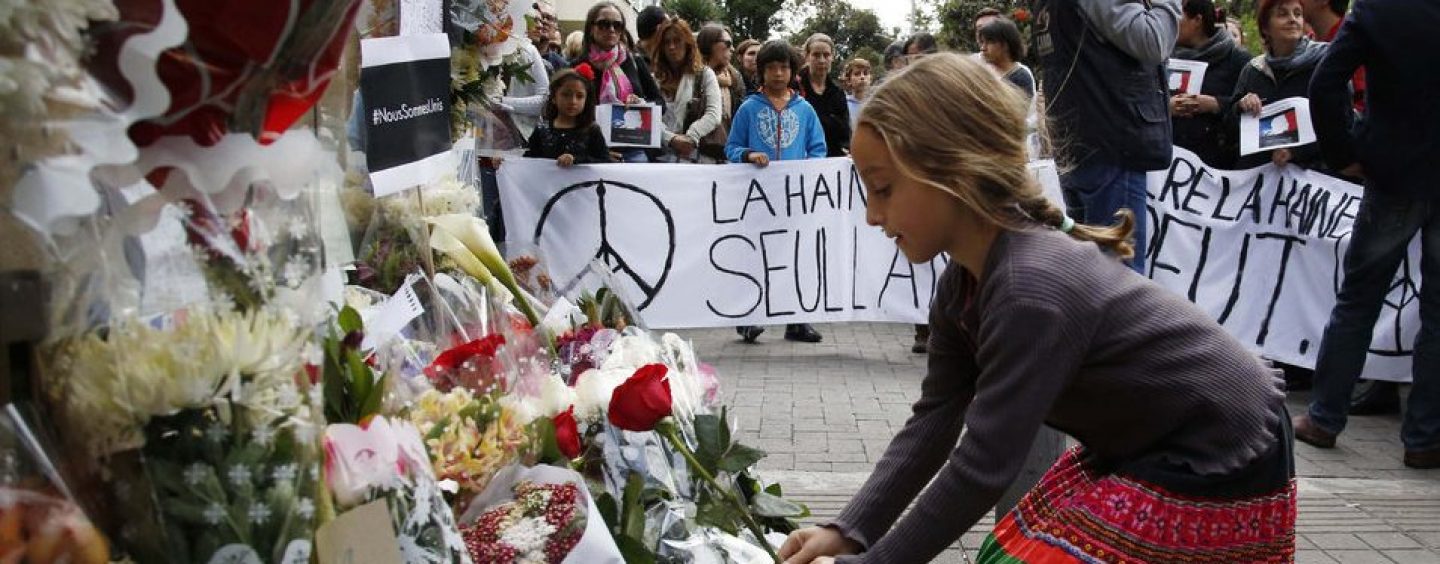
 OpinionExpress.In
OpinionExpress.In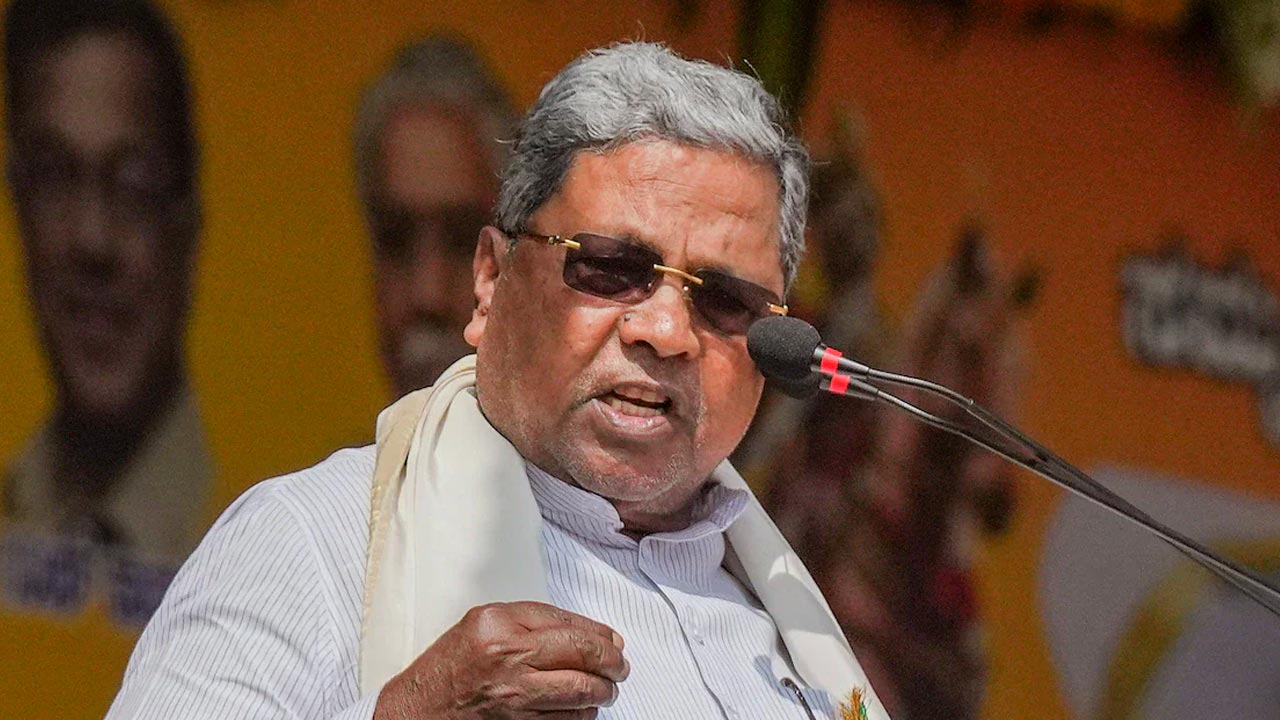
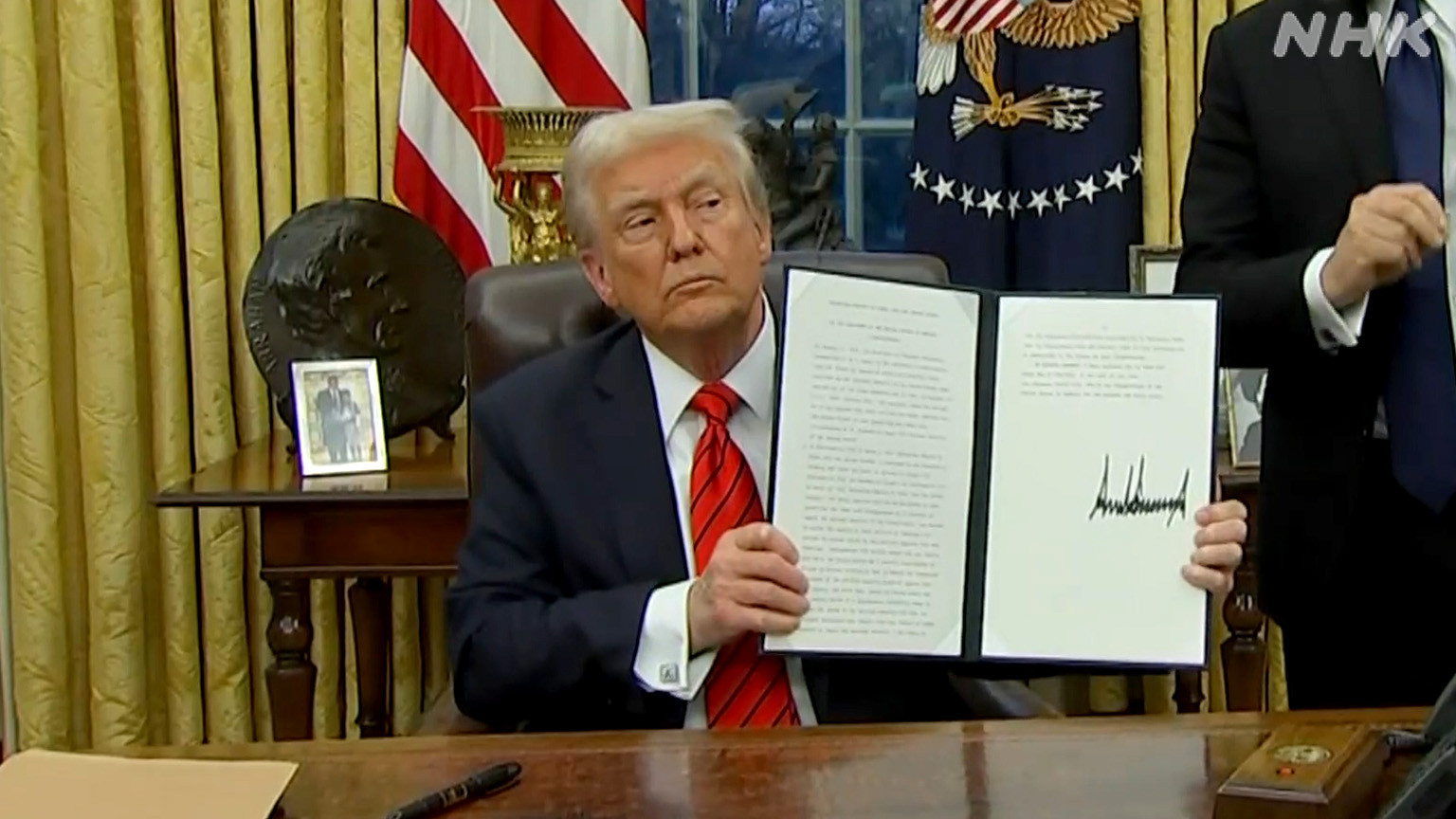
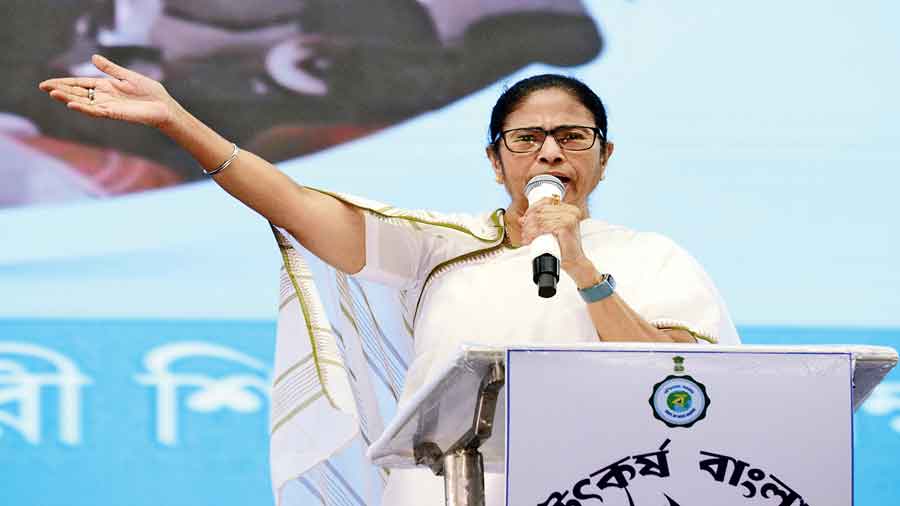
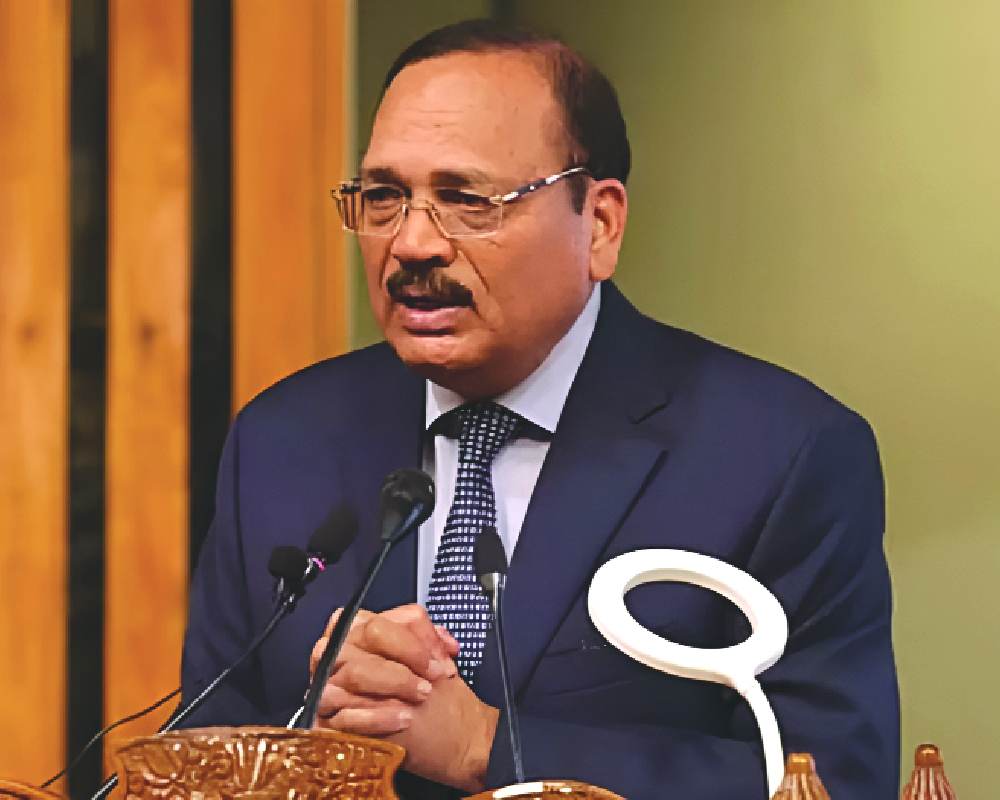
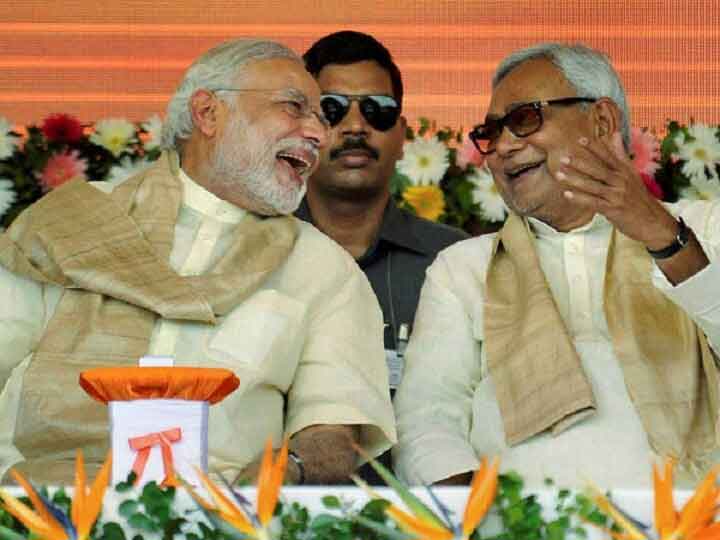

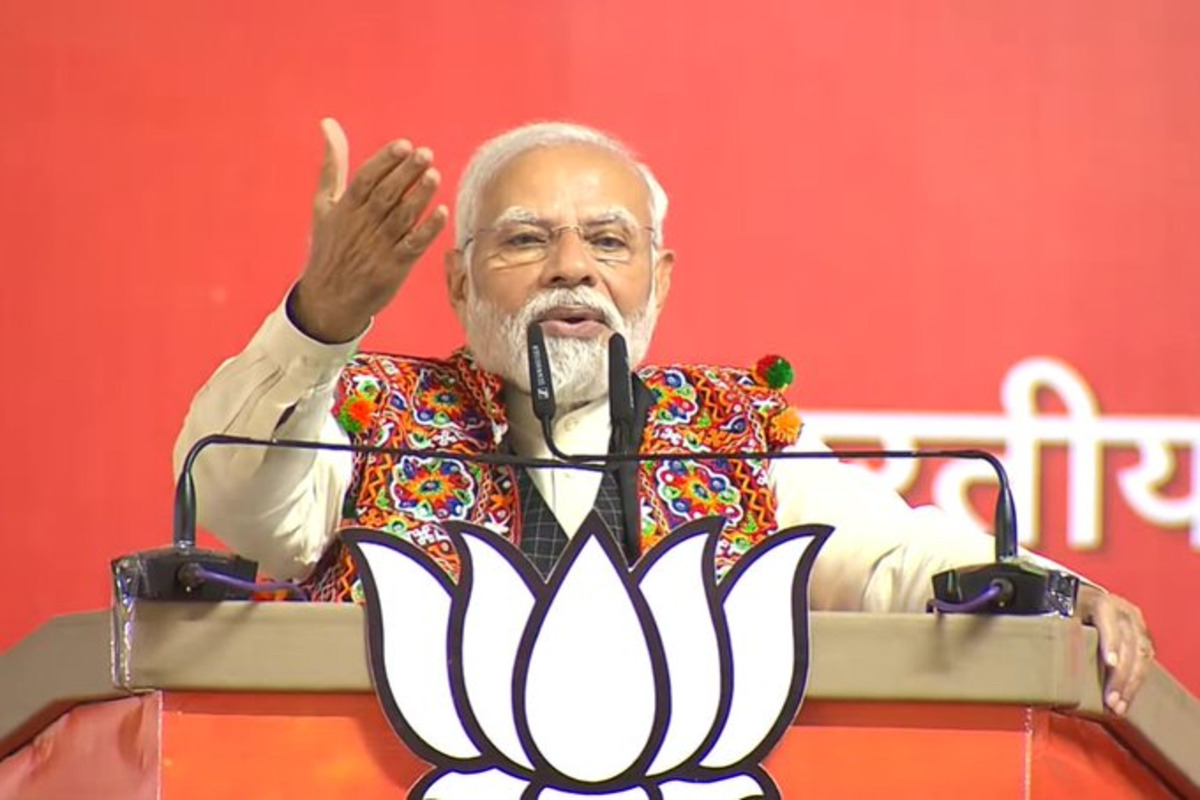

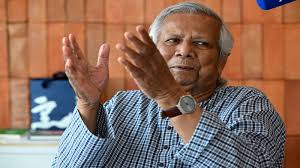
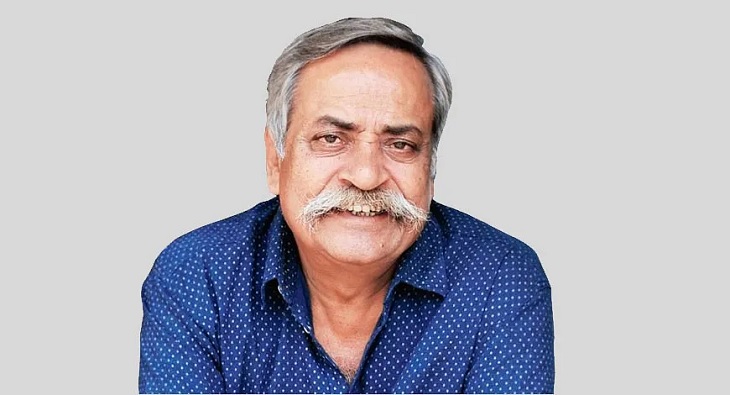






Comments (0)